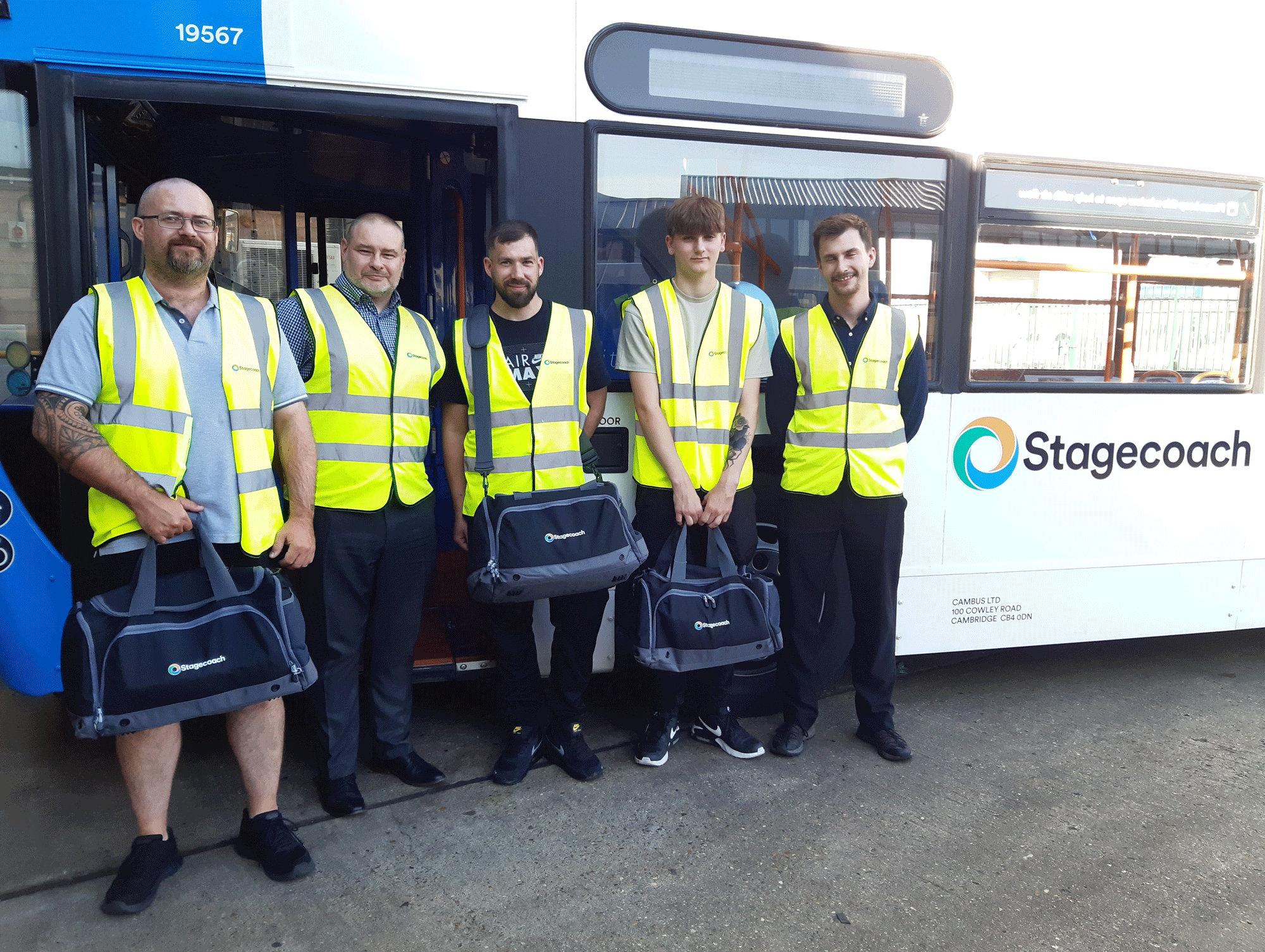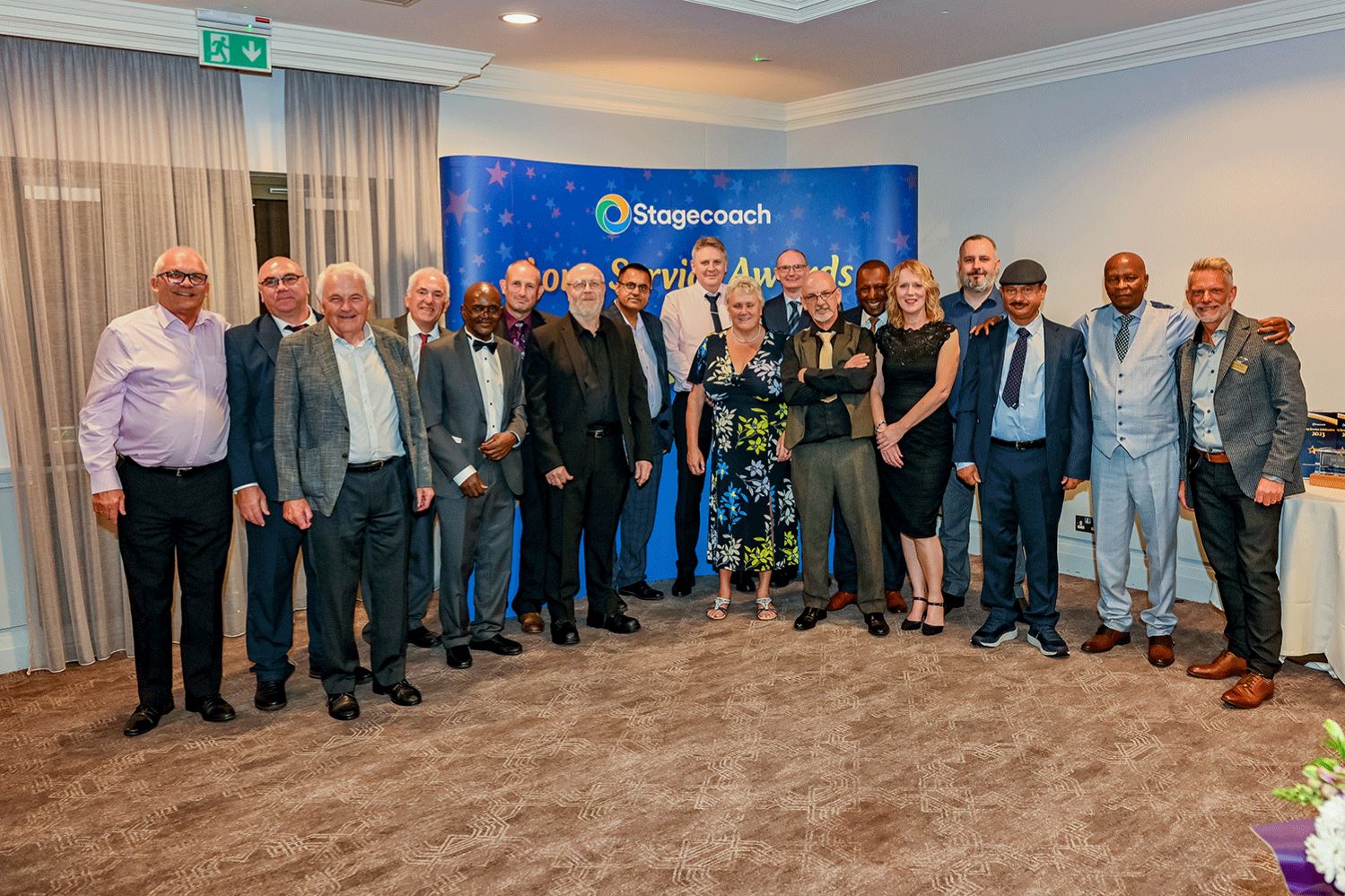Bus repower firm Kleanbus has launched a direct appeal to the UK government challenging the exclusions in the recently unveiled Zero Emission Bus Regional Areas (ZEBRA) 2 scheme.
The ZEBRA 2 scheme, endowed with a fund of £129 million, is poised to empower local transport authorities to expand their fleets with more zero-emission buses. The opening salvo earmarks £25m, specifically for rural community adoption. However, the scheme’s stipulations overlooks buses retrofitted with zero-emission technology, leaving them ineligible for financial assistance.
Kleanbus argues that the omission is perplexing, given that repowering existing buses presents an economical and timely alternative.
Joe Tighe, Co-founder and CEO of Kleanbus, says: “We are disappointed repowered buses are not included in the latest ZEBRA 2 scheme. Repowering, where the internal combustion engine of an existing bus is replaced with a cutting-edge electric powertrain, is not only cost-effective, but fast, upcycling a perfectly good vehicle, ensuring it has many more years on fleet. It also has none of the emissions associated with the manufacturing of a new bus, and makes the most sense from every viewpoint, from operator total cost of ownership to the speed at which we can make this transition, to the best use of the Earth’s precious resources.
“We urgently call on the UK government to re-assess ZEBRA 2 and make repowered buses eligible for funding to further reduce their purchase price. Doing so would be a win for us all, making a real and rapid difference to our air quality.”
Kleanbus completed the first battery-electric retrofit of a diesel bus earlier this year. It stands out in its endeavour with its ePowertrain Module, which amalgamates established components from Tier 1 suppliers integrated with Kleanbus’ own technology. The supplier has said that the resultant electric driveline can convert any diesel bus, whether single- or double-deck, to zero-emission, in as little as two weeks, after design and testing.



























